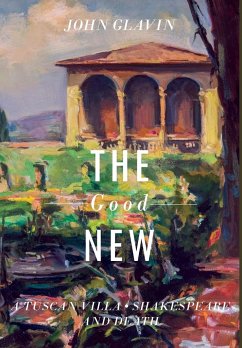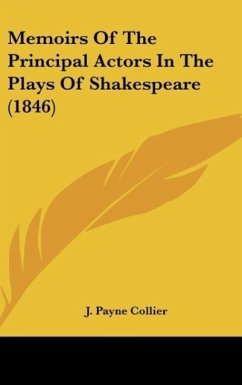Shakespeare wrote more plays about Italy than any other place in his own world. In this memoir, author John Glavin returns to Italy after decades away to teach Shakespeare's Italian plays to contemporary American students. As Glavin notes, "There's Italy, and there's Shakespeare, and there's the Villa. The Villa gets you to a place where you can see yourself in a way that you couldn't if you didn't have Shakespeare as the optic." In the process they all come to understand themselves and their own lives in deep and revealing ways. Glavin is trying to come to terms with his wife's recent battle with cancer, only to discover that one of his Italian relations has been kidnapped and murdered by the mafia. Suddenly the betrayals of Merchant of Venice and the murders of Othello are no longer matters of the past. At the same time his students, who only want a Shakespeare relevant to themselves, learn that they may gain more by making themselves relevant to Shakespeare. Written primarily as a first-person travel diary, The New Good is divided into three roughly equal parts from September to November. The entries vary, but Mondays and Wednesdays always focus on the two class meetings. Mondays generally discuss the Shakespeare play under scrutiny. Wednesdays cover the students' usually comic but sometimes quite moving attempts to perform short scenes or speeches from that play. By no means limited to its academic background, The New Good often travels beyond Fiesole, including the author's reluctant investigation-at his cousin's request-into her young son's suspicious "suicide." This is a book for anyone who loves literature, or who loves Italy. But it is also a book for any reader who is alert to, and alarmed by, one of the pressing issues of our time. As a writer for The New York Times put it recently "What's the point of college?" Everywhere you turn, you see books that ask this question in academic and theoretical ways. They have titles like Is College Worth It or College Unbound, or College: What It Was, Is, and Should Be. There are even articles like Verlyn Klinkenborg's elegiac "The Decline and Fall of the English Major." This book responds to that crisis and these questions, not with theory or data, but with experience. Through their Tuscan autumn the Villa students discover, and their often bewildered instructor re-discovers, the purpose of literature for English majors and everyone else who reads: to help us as individuals to recognize, tolerate and, where possible, relieve our species' troubling --and winning-- imperfections. No one who reads The New Good will finish it with any lingering doubt whether College is indeed worth it.
Hinweis: Dieser Artikel kann nur an eine deutsche Lieferadresse ausgeliefert werden.
Hinweis: Dieser Artikel kann nur an eine deutsche Lieferadresse ausgeliefert werden.








